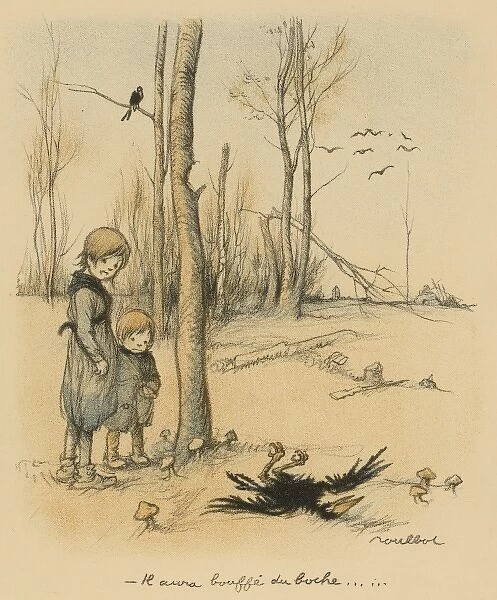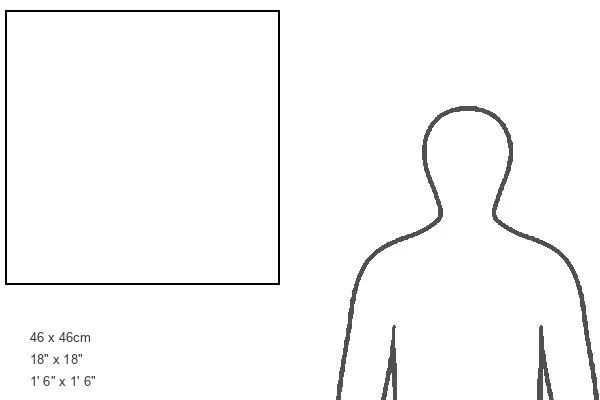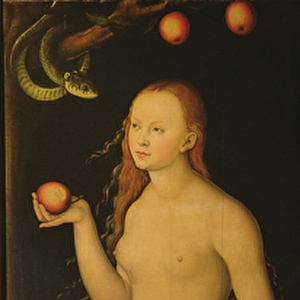Pillow > Europe > Germany > Politics
Pillow : Anti-German (Poulbot)
![]()

Home Decor from Mary Evans Picture Library
Anti-German (Poulbot)
- He must have eaten a German
Mary Evans Picture Library makes available wonderful images created for people to enjoy over the centuries
Media ID 4342611
© Mary Evans Picture Library 2015 - https://copyrighthub.org/s0/hub1/creation/maryevans/MaryEvansPictureID/10046365
18"x18" (46x46cm) Pillow
18"x18" (46x46cm) Faux Suede Pillow with a plush soft feel. Your choice of image fills the front, with a stone colored faux suede back. Flat sewn concealed white zip.
Accessorise your space with decorative, soft pillows
Estimated Product Size is 45.7cm x 45.7cm (18" x 18")
These are individually made so all sizes are approximate
Artwork printed orientated as per the preview above, with landscape (horizontal) or portrait (vertical) orientation to match the source image.
EDITORS COMMENTS
Anti-German" or "He must have eaten a German" is a satirical political cartoon created by French artist Louis Raemaekers in 1915, published during World War I. This powerful image, now a historical artifact, is a poignant reminder of the bitter animosity and propaganda that fueled the conflict between Germany and the Allied Powers. The cartoon, titled "Poulbot," depicts a rooster named "Poulbot" with a large, menacing German eagle perched on its back. The eagle, with its talons clenched around the rooster's neck, is force-feeding it a large, human-like figure labeled as "Belgium." The caption reads, "He must have eaten a German!" This image was a response to the German invasion of neutral Belgium in August 1914. The atrocities committed during this invasion, including the infamous rape of Belgium, horrified the world and galvanized public opinion against Germany. Raemaekers, a renowned cartoonist, used his art to express the outrage and indignation felt by the Allied Powers and their supporters. "Poulbot" was first published in the Dutch newspaper De Waarheid on October 1, 1915. It quickly gained international attention and was reproduced in newspapers and magazines across Europe and North America. The image became a symbol of anti-German sentiment and was used to rally support for the Allied cause. The cartoon's enduring impact is a testament to the power of political propaganda in shaping public opinion during times of war. It serves as a reminder of the complex and often brutal history of international relations and the role that art and media can play in shaping our collective memory. Today, "Anti-German" or "He must have eaten a German" remains a fascinating and important piece of historical art. It is a reminder of the past and a reminder of the importance of understanding the role of propaganda in shaping our perceptions of history and the world around us.
MADE IN THE USA
Safe Shipping with 30 Day Money Back Guarantee
FREE PERSONALISATION*
We are proud to offer a range of customisation features including Personalised Captions, Color Filters and Picture Zoom Tools
SECURE PAYMENTS
We happily accept a wide range of payment options so you can pay for the things you need in the way that is most convenient for you
* Options may vary by product and licensing agreement. Zoomed Pictures can be adjusted in the Cart.




